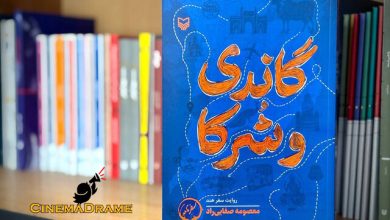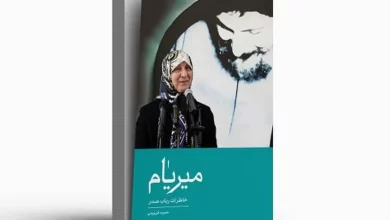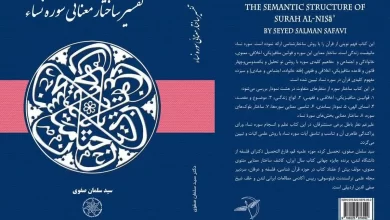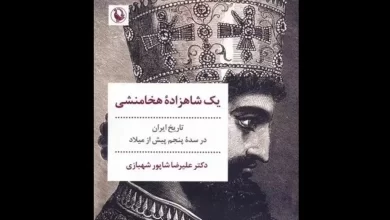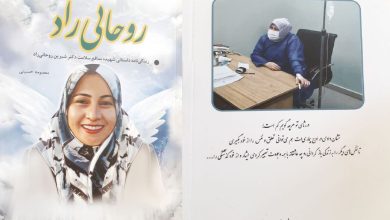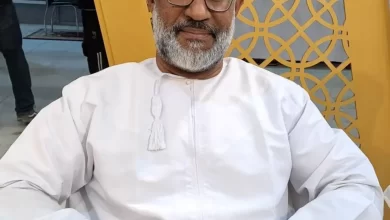Reza Kianian: The Lack of Criticism for My Works Made Me Stop Writing
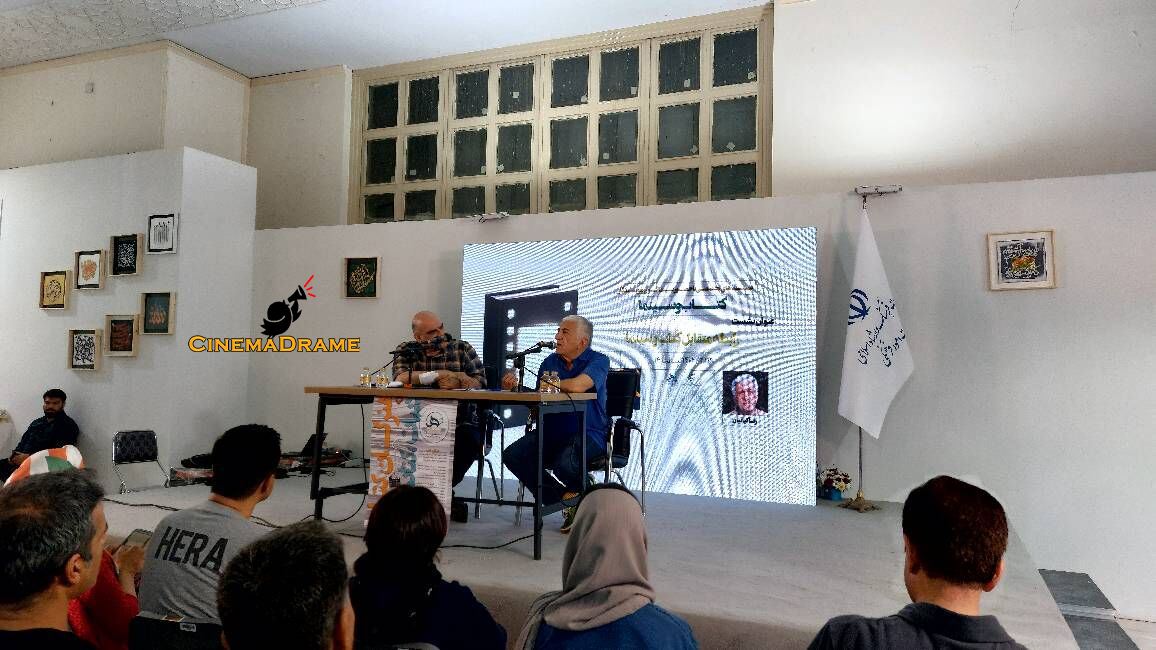
According to the Cinemadrame News Agency, Reza Kianian participated today (Friday, May 8) in the third session of the “Book and Cinema” series at the 36th Tehran International Book Fair, held under the title “The Interrelationship of Book and Cinema.” In a conversation with film critic Mehrzad Danesh, he answered questions regarding his writing experiences and works in this field.
In response to the question of why he no longer writes books, despite having previously authored various books on the art of acting or screenwriting, he said: “I am a writer, but I haven’t written anything for several years. One of the reasons is that the books I wrote were bestsellers and even referenced in universities; however, no reviews were written about them, and no professor ever invited me to talk about my books with students. Even critics didn’t write any reviews about my books, as if I had never said anything at all.”
Kianian continued: “Another reason is that society becomes more different and sometimes more depressed every day, and I didn’t write for several years. But last year, I gave myself a push and started writing again with articles published in magazines like Film Emrooz Magazine. I am not a good teacher because I cannot guide a student step-by-step and take them from one place to another, but I can write.”
The author of the book In Mardom-e Nazanin (This Kind People) also pointed to the scarcity of critical and audience studies books in Iran, stating: “Our specialized books are in a country of monologue, and we rarely enter into dialogue. The platforms are one-sided, and one must only listen, and there is no place that motivates us to ask questions, because, in general, traditional thinking is not aligned with questioning.”
Until We Turn an Issue into Details, It Won’t Be Solved
He gave examples in this regard, saying: “For instance, in the past, the social characteristics and specifications of Iranians were mostly written by Europeans who came to Iran for travel. However, after the victory of the Islamic Revolution, we turned the camera slightly towards ourselves and began writing about our own characteristics as a nation.”
The author of the book Shobadeh Bazigari (The Art of Acting) considered another issue to be the bipolarity in today’s Iranian society, stating: “We see everything as either black or white, and we have no gray areas at all. This issue becomes more prevalent during certain periods, and generally, we do not seek to analyze issues and delve into them in more detail.”
Referring to the tradition of film criticism in ancient Iran, he said: “In the past, film criticism was mostly based on conveying the film’s message. But in my opinion, cinema is a language, not a book in which we write articles. Cinema has various sections, and all factors are effective in film production. When we criticize a film, we must consider the cinematographer, directing, and costume design, and not just focus on the film’s message. If we summarize everything into the message, what happens to art? And the question arises: Is art merely a messenger? My intention with my book was to encourage directors and filmmakers to think about what art and cinema are, and whether acting is an art.”
He emphasized: “Until we break down every issue into details and reason about it, the issue will not be resolved for us, and we will not make progress in that regard. It is we who produce a concept through our thought and intellect.”
Kianian recalled: “Since I started writing articles on acting, other individuals gradually followed this path; Iraj Karimi and Amir Pouria, and the discourse on acting emerged and gained traction. There are still other hidden discourses in society that are not well-reasoned and institutionalized. When we don’t understand a concept, the matter remains neglected.”
The actor from the series Motherland (Sarmin-e Madari) commented on how much social media has influenced the decrease in reading and the strengthening of a bipolar environment, saying: “He said that even before social media, we had the same situation and weren’t seeking precise knowledge, but after the rise of social media, everything was summarized into a few lines of superficial information.”
He pointed to the visibility of books and libraries in foreign dramatic works, stating: “These are points that major policymakers in the country should consider. However, this is not the case in our television series, and television advertisements and programs are far from the lifestyle patterns of most people.”
Good Quantitative Growth of Written Cinematic Works After the Islamic Revolution
Mehrzad Danesh, continuing the session, noted the surge in book authorship in the field of cinema after the second half of the 1990s, reminding that 360 cinematic book titles were published in the year 1402 (Persian calendar, corresponding to March 2023 – March 2024). He then asked why, in that case, there is an audience problem and why demand is not sufficient despite the supply? Kianian replied: “We are a bit overly demanding and do not accept gradual progress. This means if 365 books are published annually, one book is published every day, and this is good growth. Of course, even before the revolution, we had good cinematic books, several cinema magazines, and good critics.”
The author of the book Nasser va Fardin (Nasser and Fardin) also emphasized the presence of writer, researcher, and journalist characters in foreign series or films who play pivotal roles, stating: “These characters can advance the story well, but in our country, we cannot easily talk about many professions and ethnicities, and they get upset without reason. Of course, the characters of writers, researchers, and journalists abroad are important social figures. This issue occurred during the seventh and eighth governments (of Iran), when people who wrote articles became famous personalities.”
Regarding acting in films adapted from a fictional work, he also said: “Even now, when I watch a film or series and see that it is an adaptation, I become happy, because when a series is adapted from a novel, it means the foundations of the story are complete. The characters and story have been fully written and developed once. If it is an adaptation, it helps me in performance, and this opens my mind and helps me perform better on stage.”
The 36th Tehran International Book Fair is currently being held from May 6 to May 16, 2025, with the slogan “Let’s Read for Iran” at the Imam Khomeini Grand Mosalla.
This edition of the Tehran International Book Fair is being held in a covered space of nearly 75,000 square meters at the Imam Khomeini Grand Mosalla.
At this year’s book fair, two 2,000-square-meter spaces have been prepared on both sides of the Mosalla’s dome for the educational publishers’ section. The children’s and young adults’ section will also be set up in the basement of the eastern Shabestan with an area of over 20,000 square meters.
Concurrently with the in-person section of the 1404 Tehran Book Fair, the virtual section of the exhibition also provides the opportunity for online book purchases for enthusiasts on the book.icfi.ir platform./IRNA
